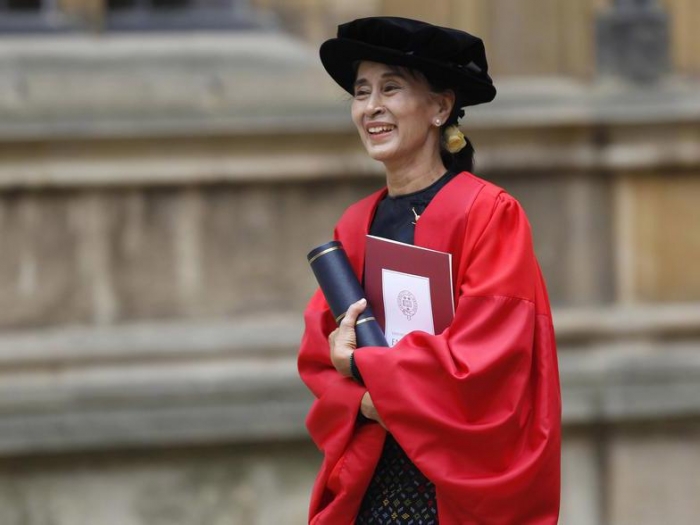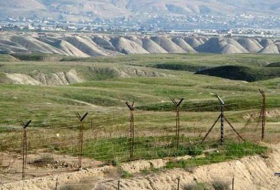The de facto leader of Burma, an Oxford graduate, was granted freedom of the city in 1997 for her "long struggle for democracy" after spending years under house arrest in Rangoon while she fought for democracy in her homeland of Burma - also known as Myanmar.
A cross-party motion was unanimously supported at a special county council meeting in Oxford Town Hall.
Crll Mary Clarkson, who proposed the motion, said: “When Aung San Suu Kyi was given the Freedom of the City in 1997 it was because she reflected Oxford’s tolerance and internationalism.
“We celebrated her for her opposition to oppression and military rule in Burma.
“Today we have taken the unprecedented step of stripping her of the city’s highest honour because of her inaction in the face of oppression of the minority Rohingya population.”
She added that the reputation of the city was being “tarnished” by “honouring those who turn a blind eye to violence.”
Ms Suu Kyi studied PPE (politics, philosophy and economics) at St Hugh's college in Oxford, graduating with a third class degree in 1967. There have been calls for her to be stripped of the Noble Peace Prize she was awarded in 1990 following her response to the Rohingya crisis.
The UN has called the current violence against the Muslim Rohingya minority in the Buddhist country “a textbook example of genocide”.
An estimated 600,000 Rohingya have been forced to flee horrific violence and the burning of their villages to neighbouring Bangladesh – but Ms Suu Kyi has dismissed claims of ethnic cleansing and called the multiple accounts of sexual violence used against Rohingya women “fake rape.”
Pope Francis has tonight arrived in Burma under mounting pressure to address the crisis directly by calling the Rohingya by that name. Inside the country, the use of the word is contentious, and the Rohingya are referred to by the majority population as "Bengalis".
More about: #Oxford















































